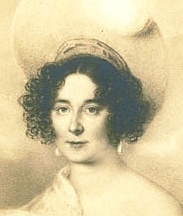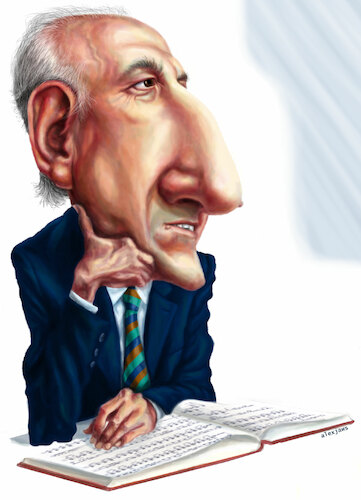In 2010, PBS (Public Broadcasting Station) in the United States aired
 |
| Therese Malfati (Beethoven dedicated Fur Elise) |
Jeffrey Siegel, a Steinway artist and concert pianist presents this enlightening documentary. Fur Elise, I'm sure, every piano student knows it as well as their parents remarks Siegel. Is it a teaching piece for his students? No it isn't, as the piece was originally written in April 1810, as a private 'love poem,' not meant for publication. According to Siegel, 1827; 40 years later, in 1867, the manuscript of "Fur Elise" was found amongst the private papers of Therese Malfati (1792-1851) (whom Beehoven was romantically involved with).
In fact, some scholars believe Beethoven even proposed marriage to her (who married an aristocratic landowner). When the piece was eventually published, the editor misreads Beethoven's writing and dedication and instead of the name Therese, titles the piece Fur Elise (For Elise).
Further reading
ForElise Website (an entire website dedicated to Für Elise no less!)


